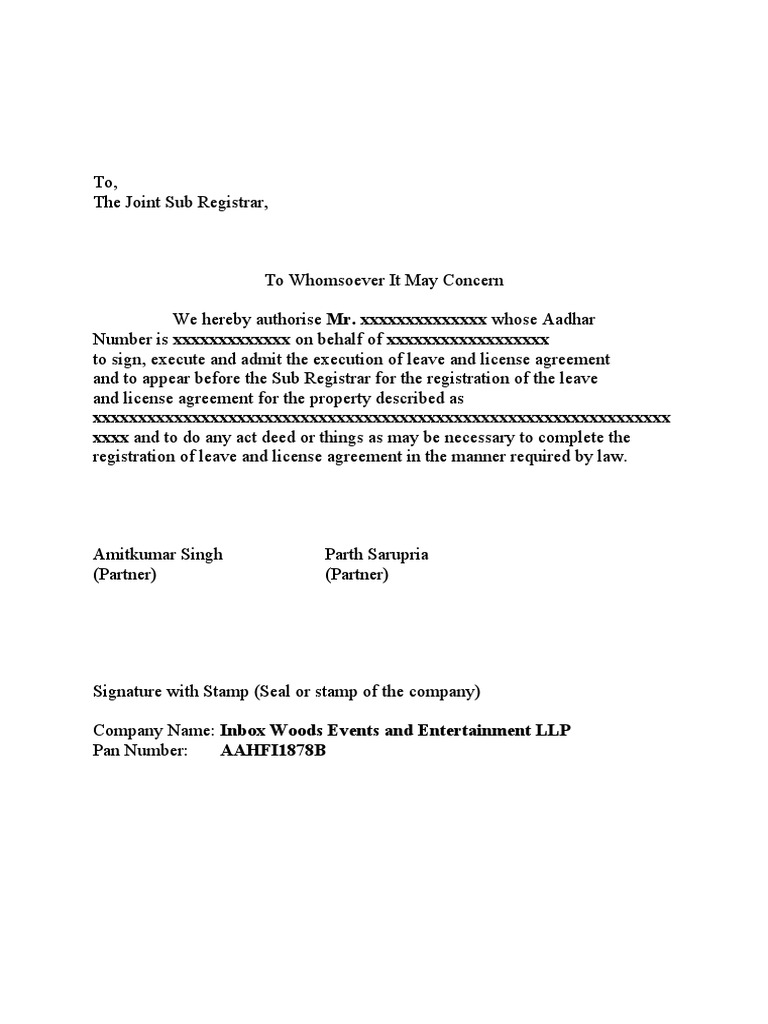The Sub Registrar Office (SRO) is a pivotal institution in the realm of land and property transactions. It serves as the official entity where various legal instruments pertaining to real estate are recorded. Understanding the operational structure and purpose of the SRO can empower individuals with knowledge about property ownership and rights. This article aims to elucidate the multifaceted roles of the Sub Registrar Office, shedding light on the diverse services it offers, the significance of registration, and the various types of documents handled therein.
1. Role and Purpose of the Sub Registrar Office
The primary function of the Sub Registrar Office is to ensure that all documents associated with property transactions are registered under the law. This registration provides legal recognition and establishes a public record of ownership, thereby preventing potential disputes over property rights. By acting as a safeguard against fraudulent activities, the SRO bolsters the integrity of property dealings and instills confidence in both buyers and sellers.
A Sub Registrar typically operates under the jurisdiction of the local government, adhering to stringent regulations that govern land registration. The office’s responsibilities encompass a plethora of tasks, including the verification of documents, assessment of stamp duties, and the facilitation of transactions between involved parties, such as buyers, sellers, and lenders.
2. Types of Documents Registered
The variety of documents that can be registered at the Sub Registrar Office is extensive. Among the most common are:
- Sale Deeds: A sale deed is the primary document executed when a property is sold. It legally transfers ownership from the seller to the buyer and is quintessential for establishing legal rights over the property.
- Lease Agreements: These documents outline the terms and conditions under which property is leased, detailing rights and obligations for both landlords and tenants.
- Gift Deeds: A gift deed is executed when property is transferred as a gift, devoid of any monetary exchange, thereby necessitating registration to validate the transfer legally.
- Will: Although a will becomes effective only upon the testator’s demise, registering a will can aid in the smooth transition of property ownership, ensuring the testator’s wishes are honored without legal complications.
- Power of Attorney: This document grants an individual the authority to act on behalf of another in property transactions, granting substantial legal rights that must be officially recognized through registration.
3. Process of Registration
The registration process at the Sub Registrar Office is typically systematic and involves several key steps. Initially, both parties—the seller and the buyer—must prepare the requisite documents. It is essential to ensure that all documents are accurate, as discrepancies can lead to delays or rejections.
Once prepared, the parties must submit the documents to the Sub Registrar Office, where they undergo scrutiny. This process includes verifying the identities of the parties involved, reviewing the legitimacy of the submitted documents, and assessing the application for compliance with local regulations.
After successful verification, the parties pay the necessary stamp duty, which is often calculated based on the property’s market value. Following payment, the final step involves the formal registration of the documents, which is recorded in the office’s official register. Regularly, individuals can expect to receive a certified copy of the registered document, which serves as proof of ownership.
4. Importance of Registration
The significance of registering documents at the Sub Registrar Office cannot be overstated. Registration not only bestows legal recognition to transactions but also protects the rights of property owners. With a registered document, owners can easily demonstrate their rights to the property in cases of disputes or claims from third parties.
Moreover, registered documents are instrumental in obtaining loans from financial institutions. Lenders often require proof of ownership, which is provided through registered deeds, thus making registration a critical step in securing financing for property purchases.
Furthermore, registration aids in the creation of a transparent property market. It allows the government to maintain comprehensive records of property ownership, which facilitates efficient planning and development initiatives. This transparency also curbs illegal activities, such as property fraud, thereby safeguarding the interests of all stakeholders.
5. Challenges Faced by Sub Registrar Offices Additionally, the proliferation of fraudulent documents poses a significant challenge, compelling Sub Registrars to be vigilant and thorough in their review processes. The evolving nature of property laws and regulations also necessitates continuous training and updates for personnel to ensure compliance and accuracy.
6. Technological Advancements
In recent years, many Sub Registrar Offices have embraced technology to enhance efficiency and streamline processes. Online registration systems have been introduced in several jurisdictions, allowing individuals to submit documents electronically and track their application status in real time. These advancements not only minimize the need for physical visits but also reduce turnaround times.
Moreover, digitization of records enables easier retrieval and sharing of property data, fostering a more interconnected and transparent property market. As technology continues to evolve, the Sub Registrar Office aims to adapt its practices, ensuring optimal service delivery to the public.
Conclusion
The Sub Registrar Office stands as a cornerstone in the framework of property transactions. Its multifarious responsibilities and the essential services it provides play a critical role in ensuring legal clarity and security for property owners. Understanding the workings of the SRO can empower individuals to navigate the complexities of property ownership with greater confidence and awareness. As it evolves with the technological landscape, the SRO will continue to play a vital role in upholding property rights and facilitating legitimate transactions.
